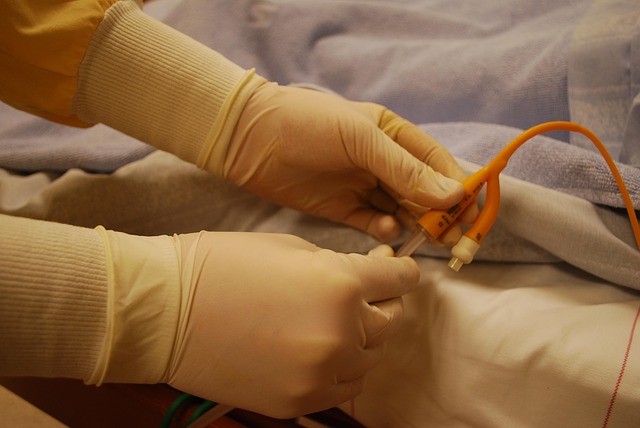State-Approved LPN Programs: A Pathway from CNA to Licensed Practical Nurse
Many healthcare professionals explore state-approved LPN programs as a next step after earning their CNA certification. These programs may offer a structured curriculum, clinical experience, and a pathway to advance in nursing. Learn more about the CNA to LPN journey and what to expect. Discover more in this article.

What are state-approved LPN programs?
State-approved LPN programs are educational courses that meet the rigorous standards set by state nursing boards. These programs are designed to prepare students for the National Council Licensure Examination for Practical Nurses (NCLEX-PN), which is required to become a licensed practical nurse. State approval ensures that the curriculum covers essential nursing knowledge and skills, including anatomy, pharmacology, patient care, and medical ethics.
How do CNA to LPN programs differ from traditional LPN training?
CNA to LPN programs, also known as bridge programs, are tailored specifically for individuals who already have experience as certified nursing assistants. These programs build upon the foundational knowledge and skills that CNAs possess, allowing for a more streamlined educational experience. While traditional LPN programs may take 12-18 months to complete, CNA to LPN programs can often be finished in 9-12 months, depending on the institution and the student’s dedication.
What clinical experience is included in LPN programs?
Clinical experience is a crucial component of state-approved LPN programs. Students typically spend a significant portion of their training in healthcare settings, working directly with patients under the supervision of experienced nurses. This hands-on experience allows aspiring LPNs to apply their classroom knowledge to real-world situations, develop critical thinking skills, and gain confidence in their abilities. Clinical rotations may take place in hospitals, long-term care facilities, clinics, and other healthcare environments.
How does becoming an LPN advance your nursing career?
Transitioning from a CNA to an LPN represents a significant step forward in a nursing career. LPNs take on more responsibilities than CNAs, including administering medication, performing basic assessments, and providing more complex patient care. This advancement often comes with a substantial increase in salary and opens doors to a wider range of employment opportunities. Additionally, becoming an LPN can serve as a stepping stone for those who wish to pursue further education and become registered nurses (RNs) in the future.
What are the admission requirements for CNA to LPN programs?
Admission requirements for CNA to LPN programs vary by institution but typically include:
-
A valid CNA certification
-
High school diploma or equivalent
-
Minimum GPA requirement (often 2.5 or higher)
-
Completion of prerequisite courses in subjects like biology and mathematics
-
Proof of current immunizations
-
Criminal background check and drug screening
-
CPR certification
Some programs may also require a certain number of hours of work experience as a CNA or letters of recommendation from healthcare professionals.
What is the cost of state-approved LPN programs?
The cost of state-approved LPN programs can vary significantly depending on factors such as location, program length, and type of institution. Here’s a comparison of typical costs for different program types:
| Program Type | Institution | Estimated Cost Range |
|---|---|---|
| Public Community College | Various state community colleges | $5,000 - $15,000 |
| Private Vocational School | Specialized nursing schools | $10,000 - $30,000 |
| Online LPN Program | Accredited online institutions | $7,000 - $20,000 |
| Hospital-based Program | Local hospitals with nursing programs | $8,000 - $20,000 |
Prices, rates, or cost estimates mentioned in this article are based on the latest available information but may change over time. Independent research is advised before making financial decisions.
It’s important to note that these costs typically include tuition, fees, and sometimes books and supplies. Additional expenses such as uniforms, equipment, and licensing exam fees may not be included. Many institutions offer financial aid, scholarships, or payment plans to help students manage the cost of their education.
Pursuing a state-approved LPN program as a CNA can be a rewarding step towards advancing your nursing career. These programs offer a structured pathway to expand your skills, increase your responsibilities, and potentially boost your earning potential. By combining classroom learning with hands-on clinical experience, LPN programs prepare you for the challenges and rewards of becoming a licensed practical nurse. As you consider this career move, carefully research program options, admission requirements, and financial considerations to find the best fit for your goals and circumstances.
This article is for informational purposes only and should not be considered medical advice. Please consult a qualified healthcare professional for personalized guidance and treatment.




